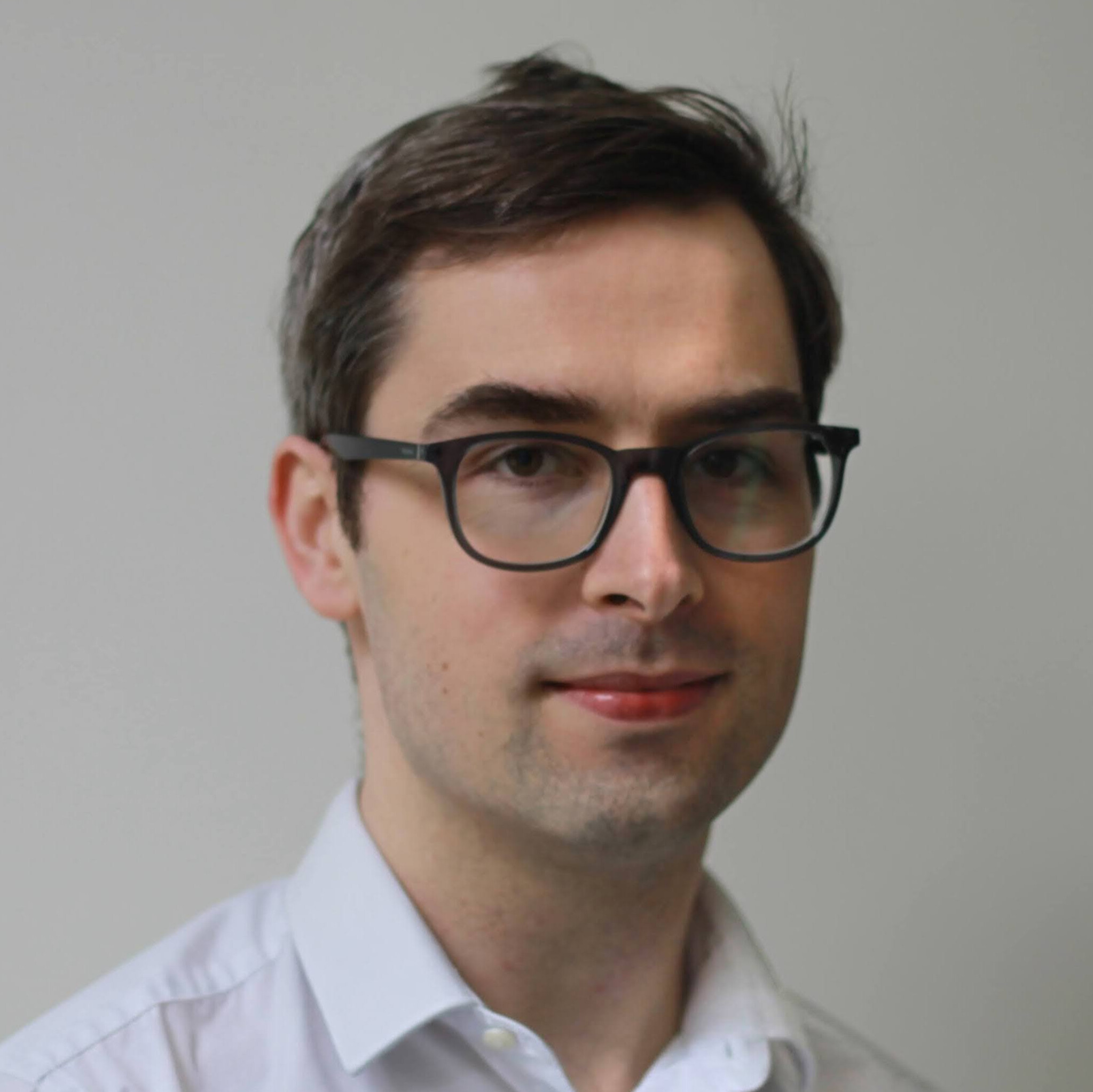
Thomas Evans
Specialty Trainee Dentist in Special Care Dentistry

Iblal Rakha
Lead Pharmacist in Clinical Trials Informatics
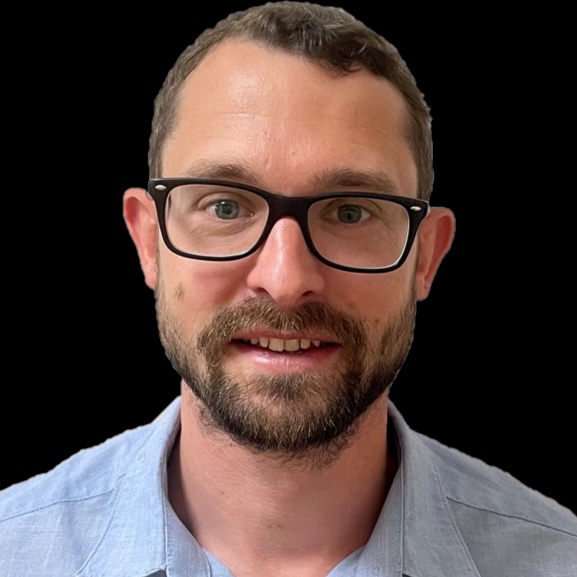
Christopher Efford
Physiotherapist in Musculoskeletal Therapy
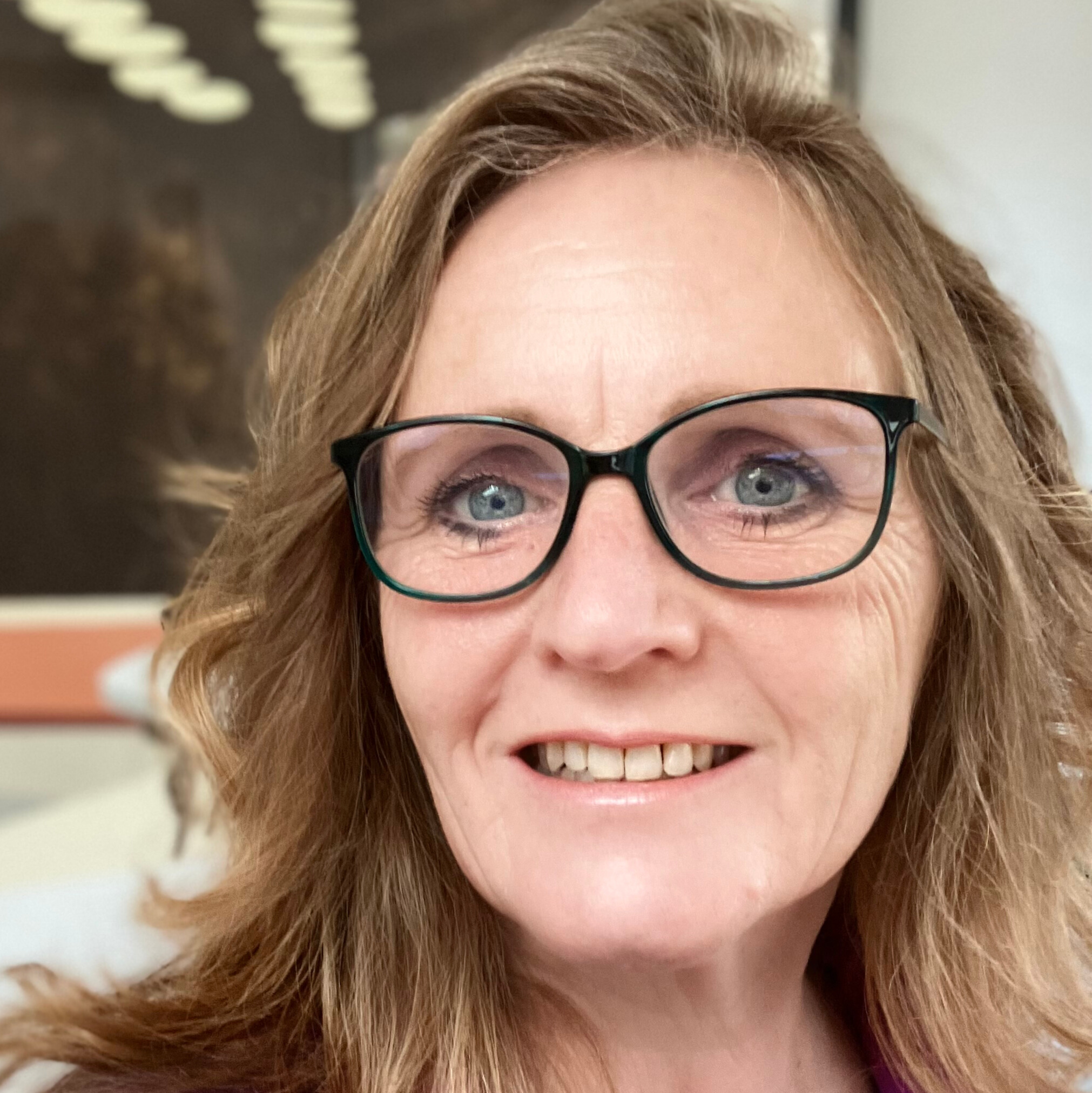
Charlie Winward
Consultant Physiotherapist in Neurorehabilitation
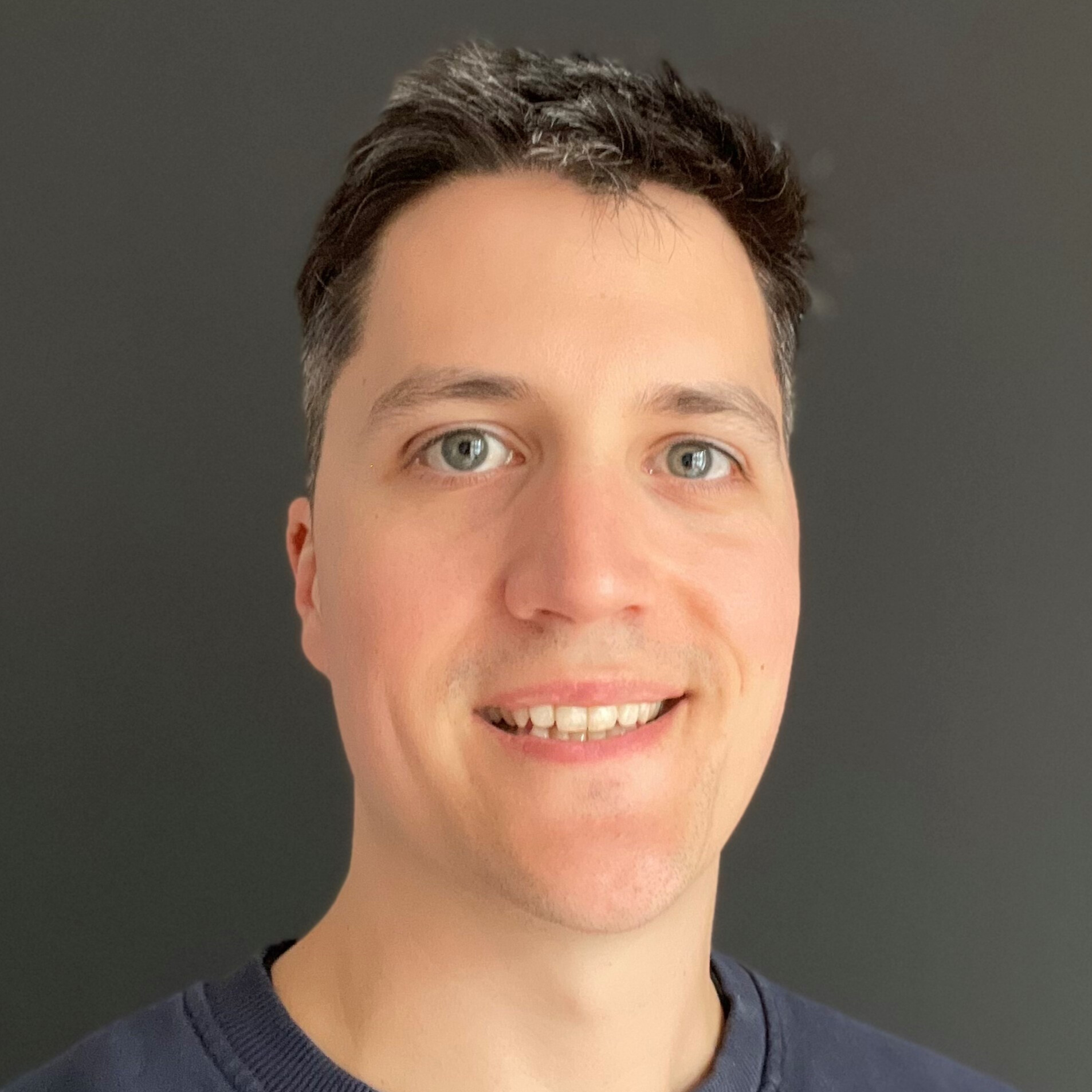
Robert Crichton
Specialty Trainee Doctor in Anaesthetics and Intensive Care Medicine
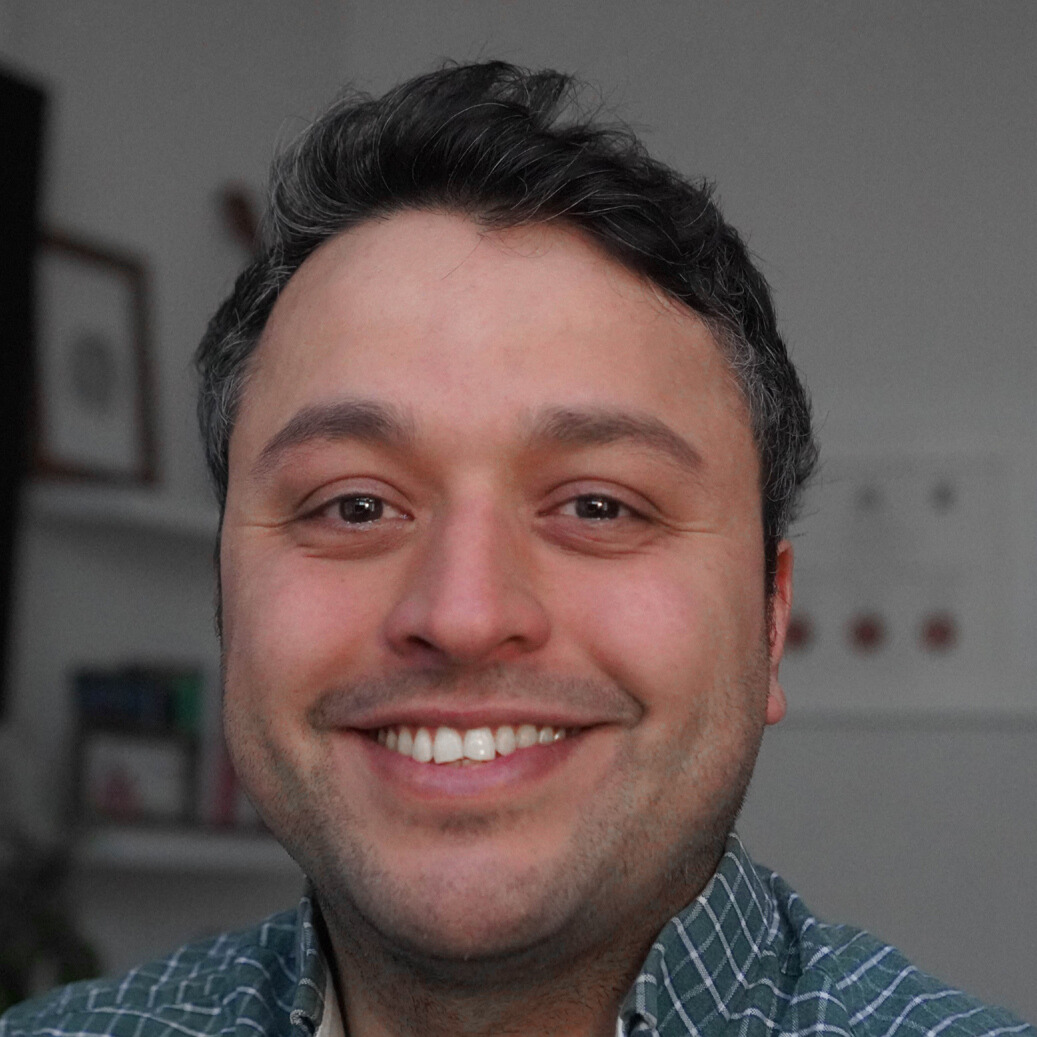
Vadir Baktash
Specialty Trainee Doctor in Cardiology
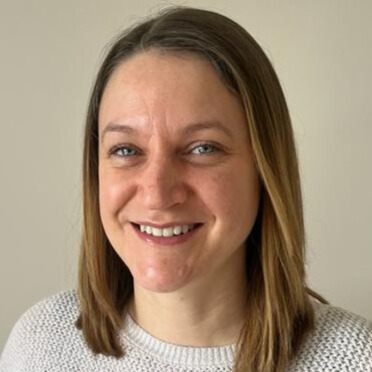
Helen Livesey
Specialty Trainee Doctor in Clinical Genetics
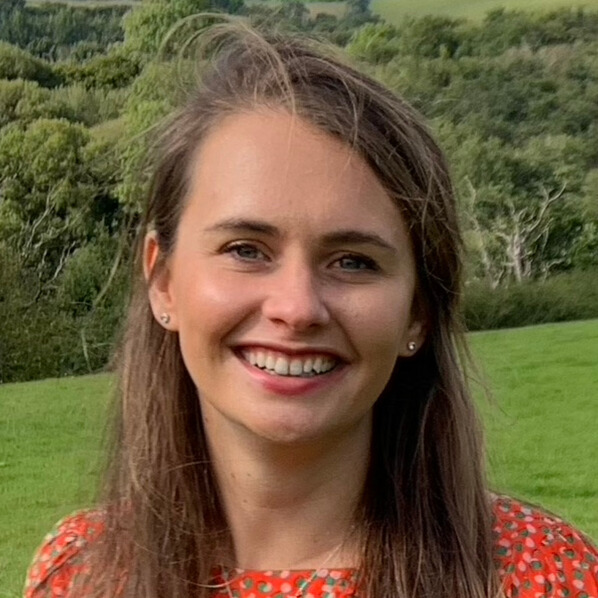
Katherine Mackay
Specialty Trainee Doctor in Clinical Oncology
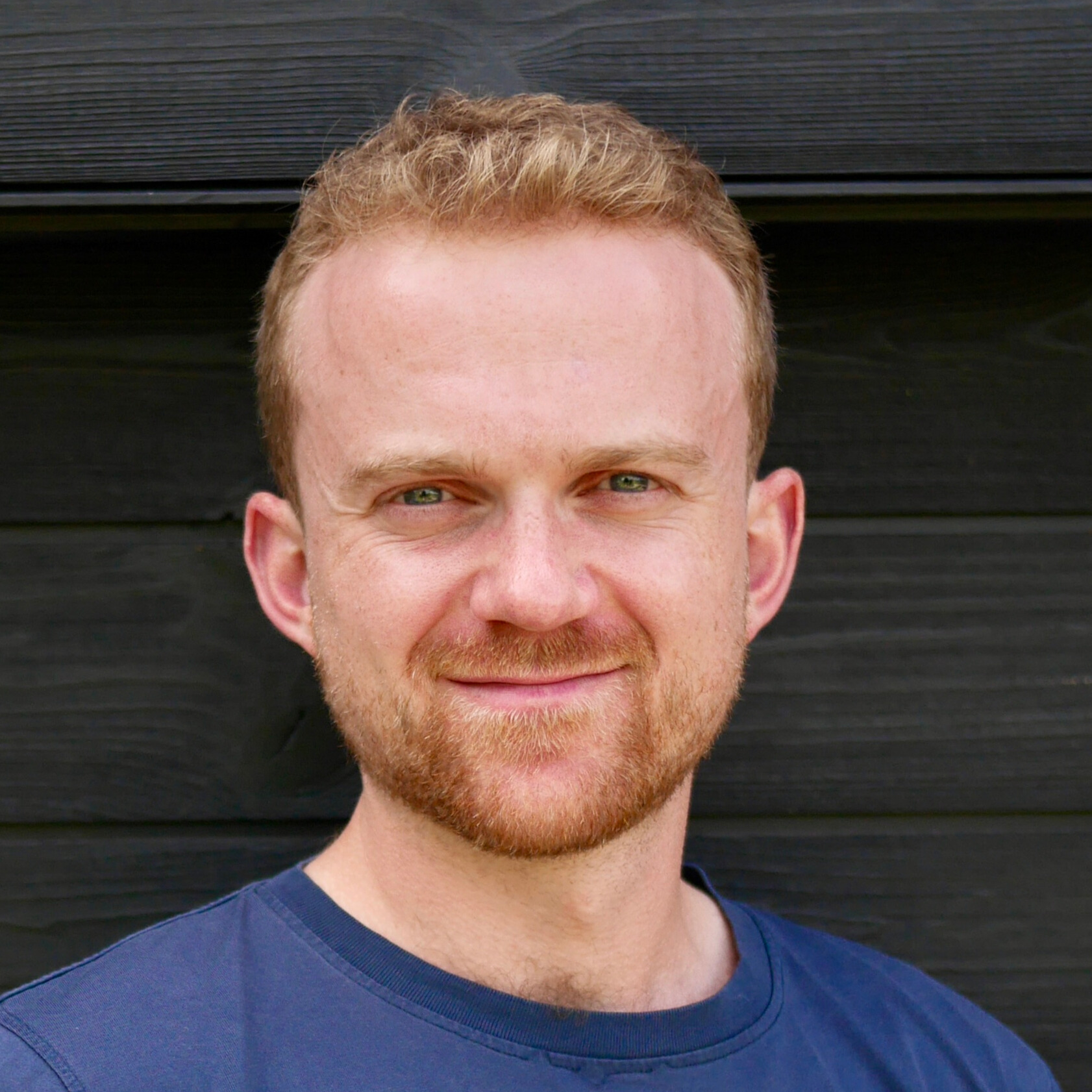
Rory Maclean
Specialty Trainee Doctor in Clinical Pharmacology and General Internal Medicine
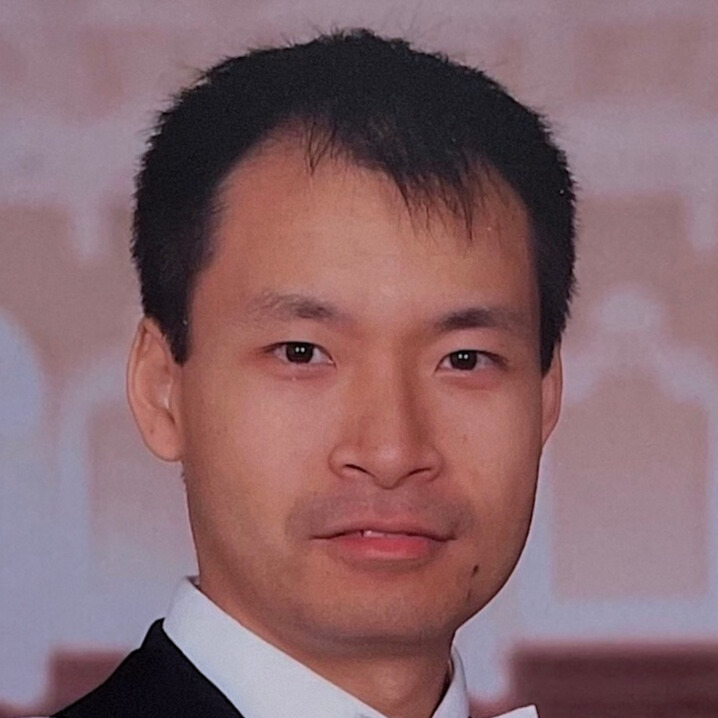
John Chen
Specialty Trainee Doctor in Clinical Radiology
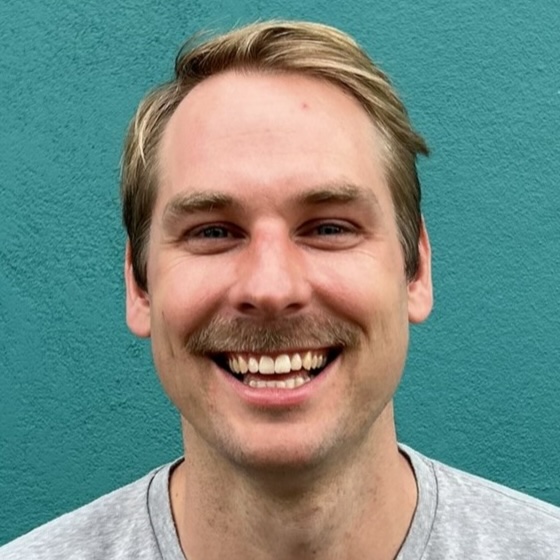
Jozef Kamp
Specialty Trainee Doctor in Clinical Radiology
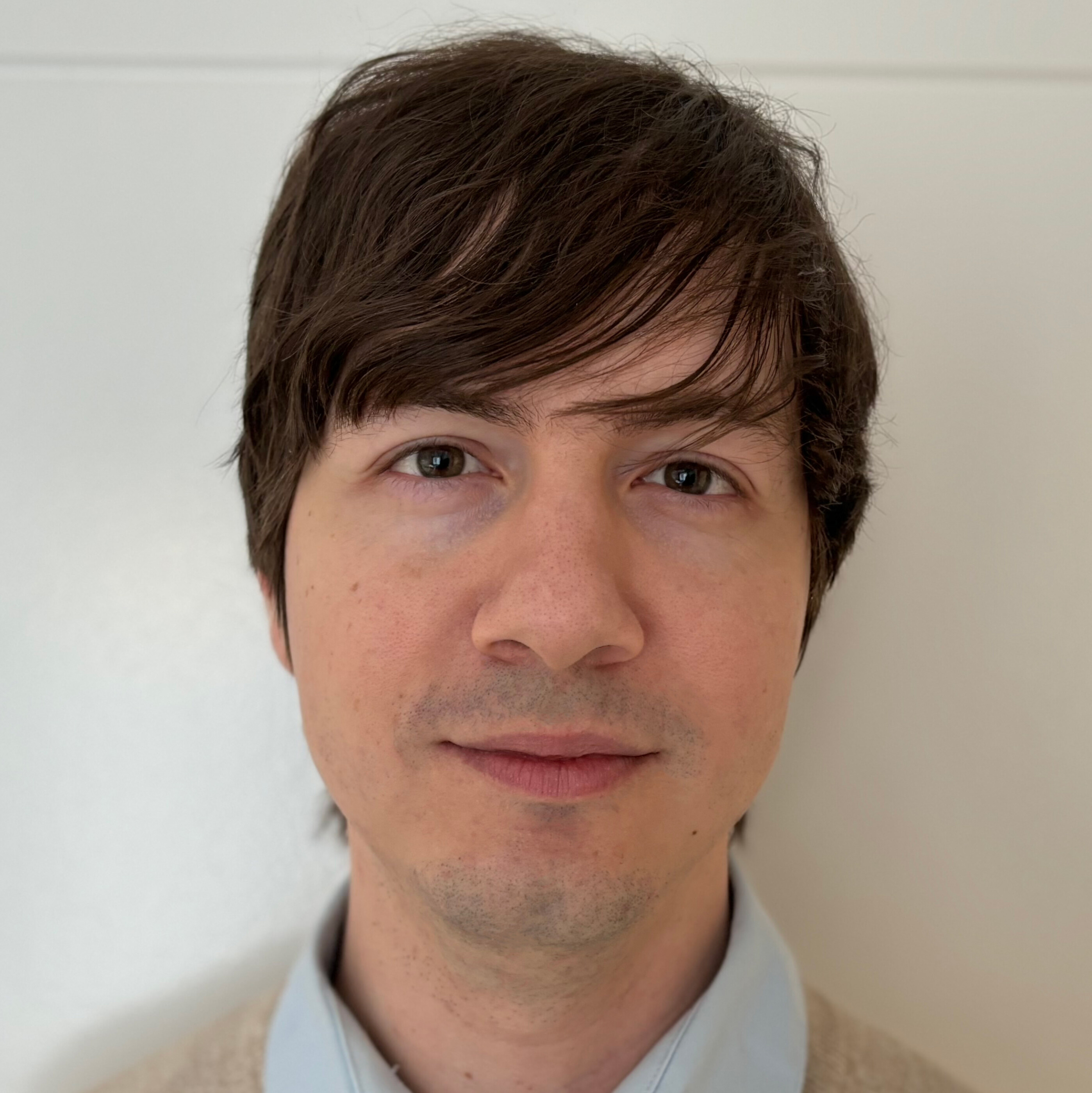
Jesus Perdomo Lampignano
Specialty Trainee Doctor in Clinical Radiology
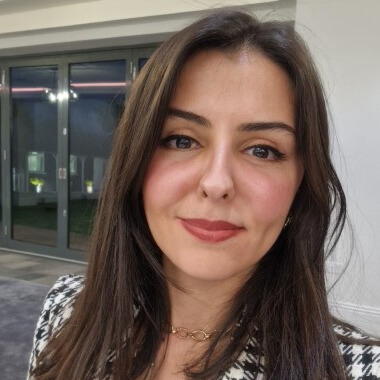
Dilan Şanli
Specialty Trainee Doctor in Clinical Radiology
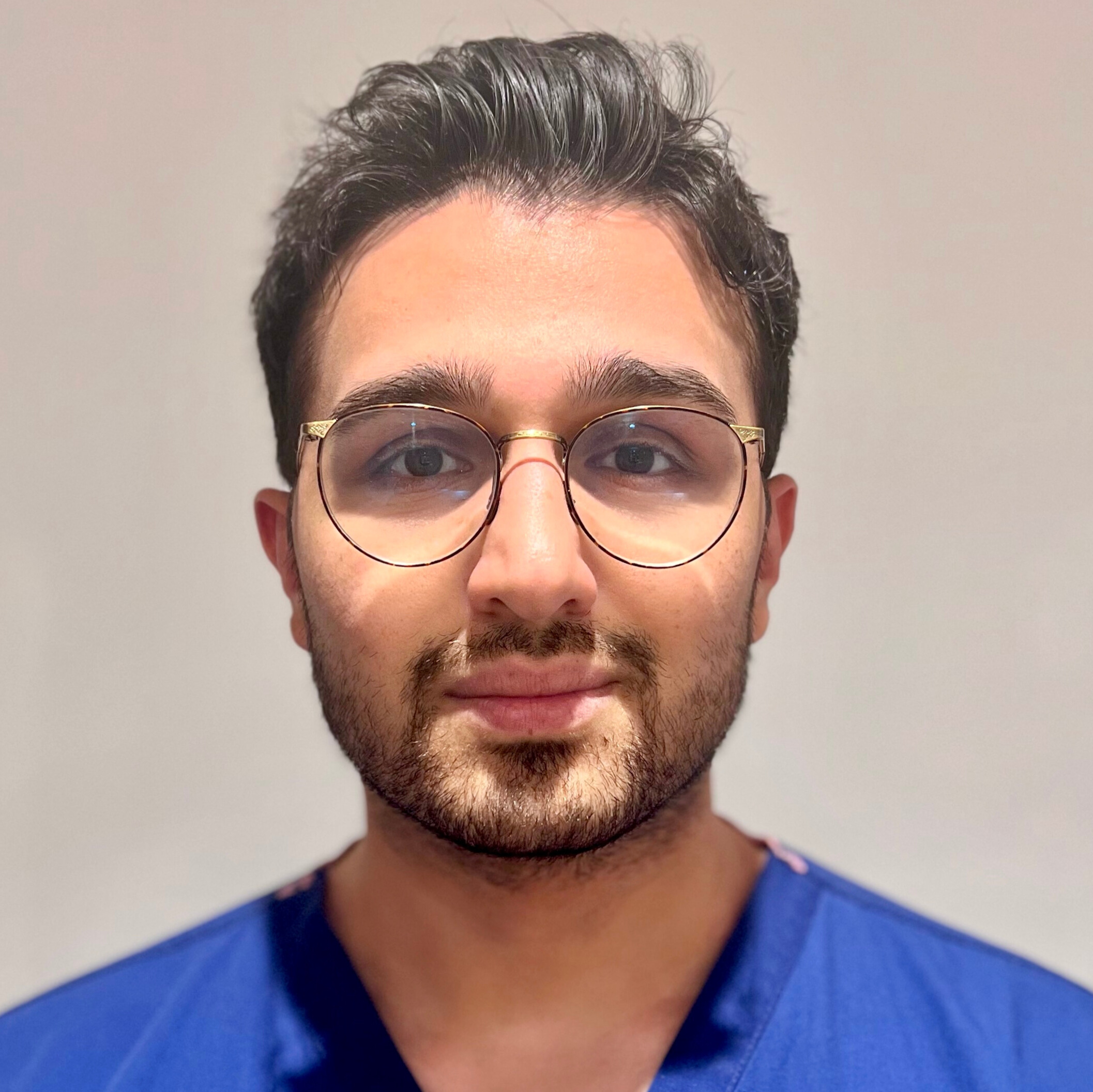
James Vaz
Specialty Trainee Doctor in Clinical Radiology
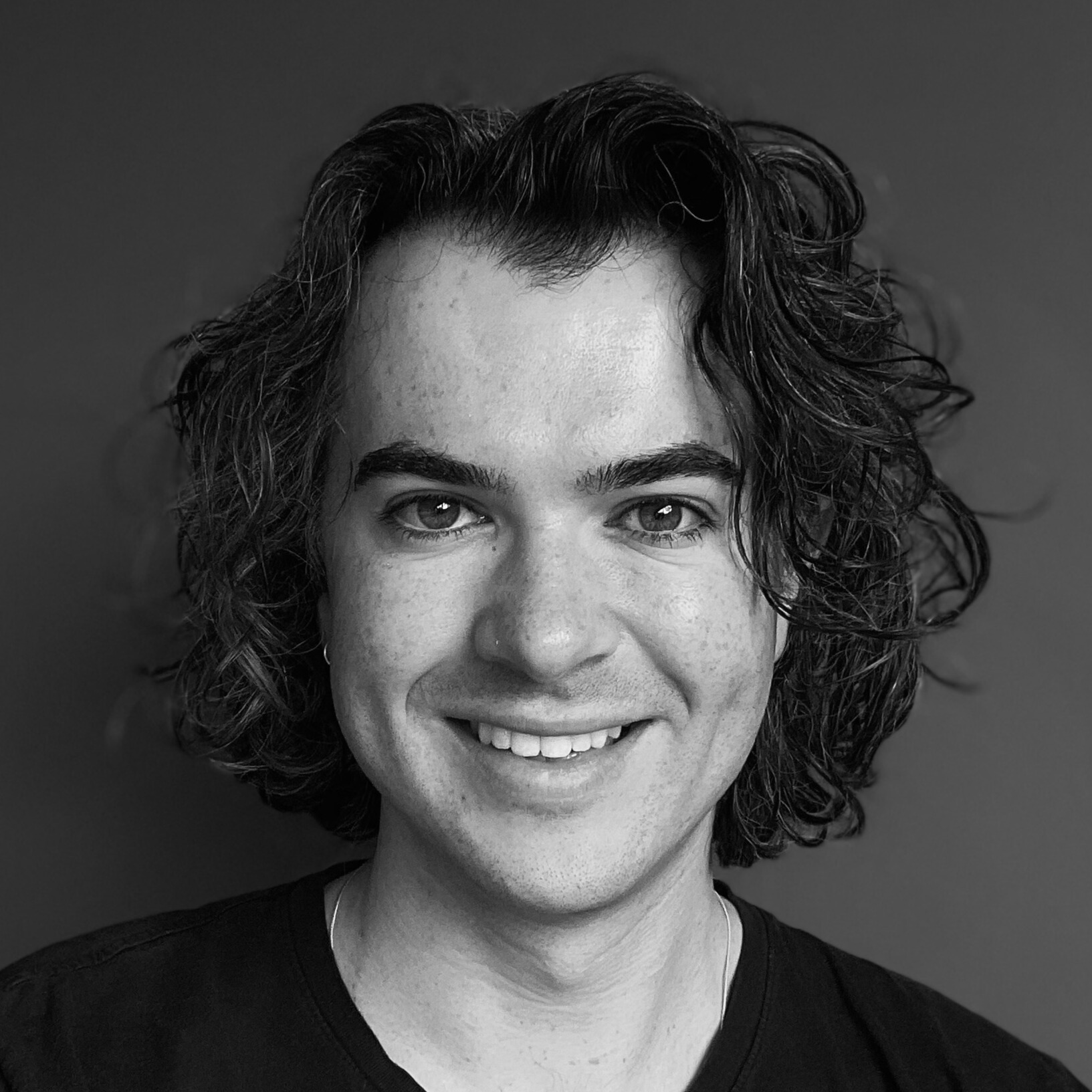
Conn McGrath
Specialty Trainee Doctor in Dermatology

Aoife Fox
Specialty Trainee Doctor in Emergency Medicine and Paediatric Emergency Medicine

Bharadwaj Chada
Specialty Trainee Doctor in General Practice
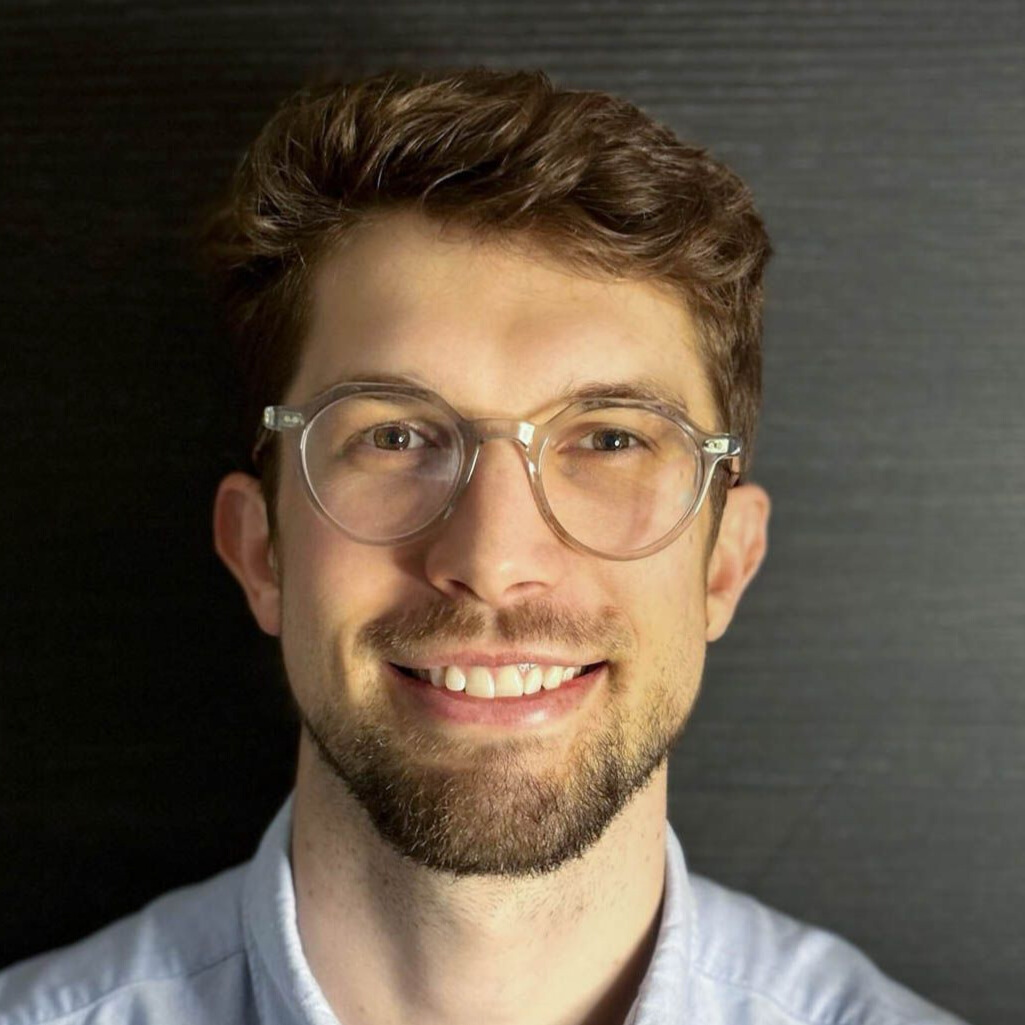
William Hughes
Specialty Trainee Doctor in General Practice
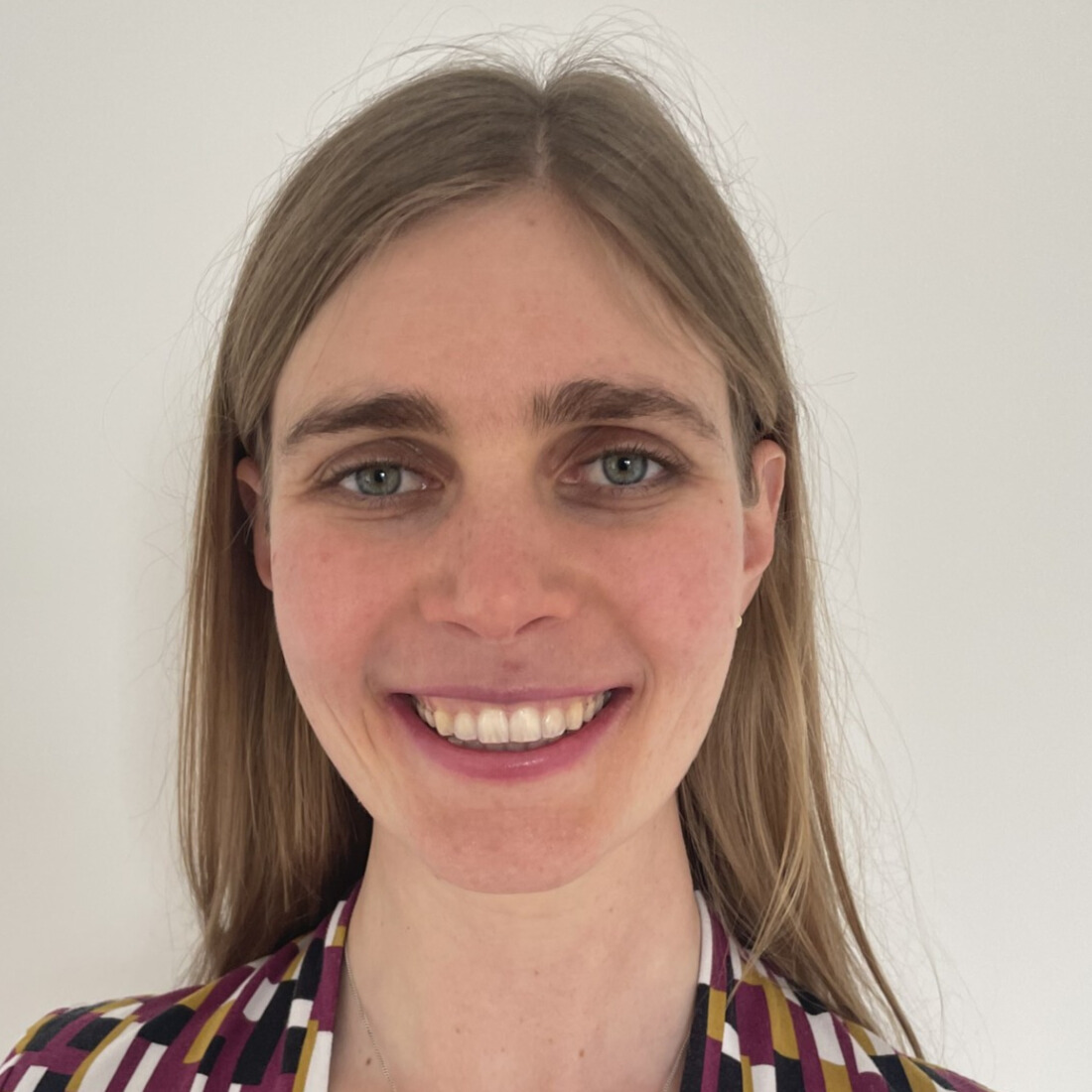
Anna Fairclough
Specialty Trainee Doctor in General Surgery

Akriti Nanda
Specialty Trainee Doctor in General Surgery
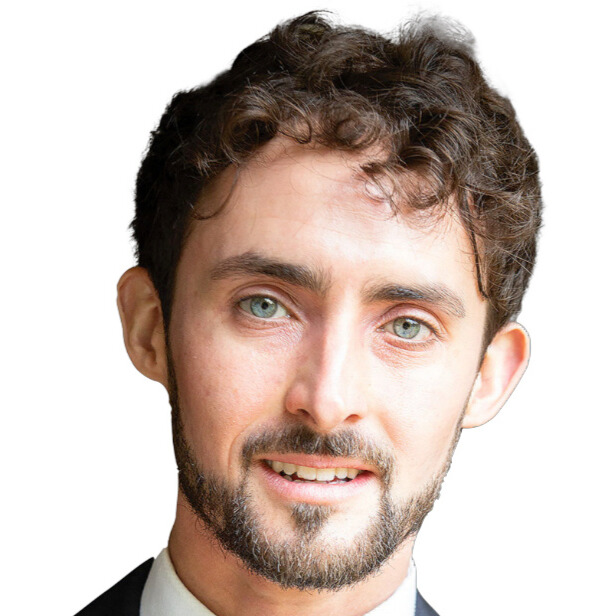
Timothy Ebsworth
Specialty Trainee Doctor in Haematology
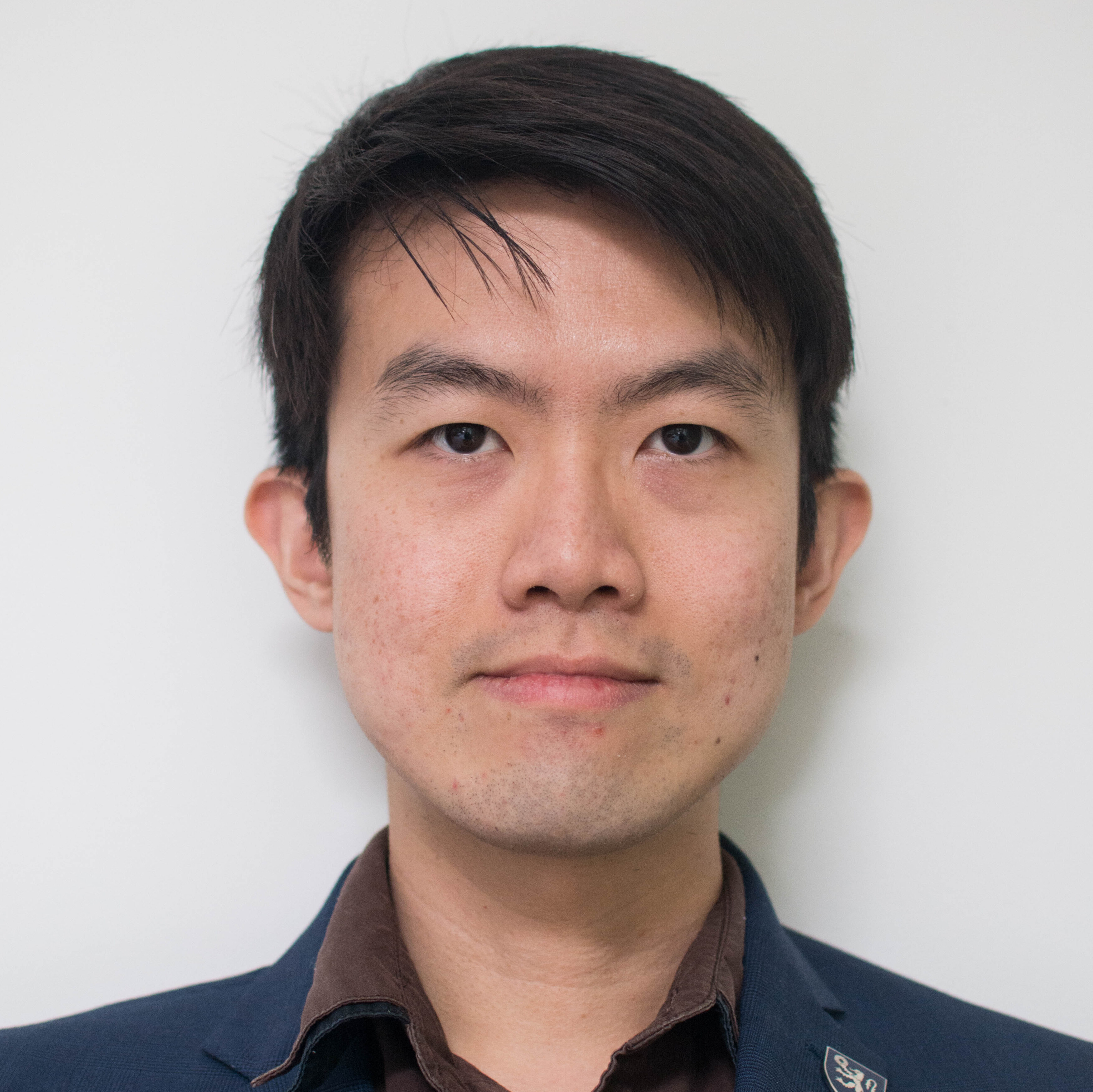
Juan Tan
Specialty Trainee Doctor in Haematology
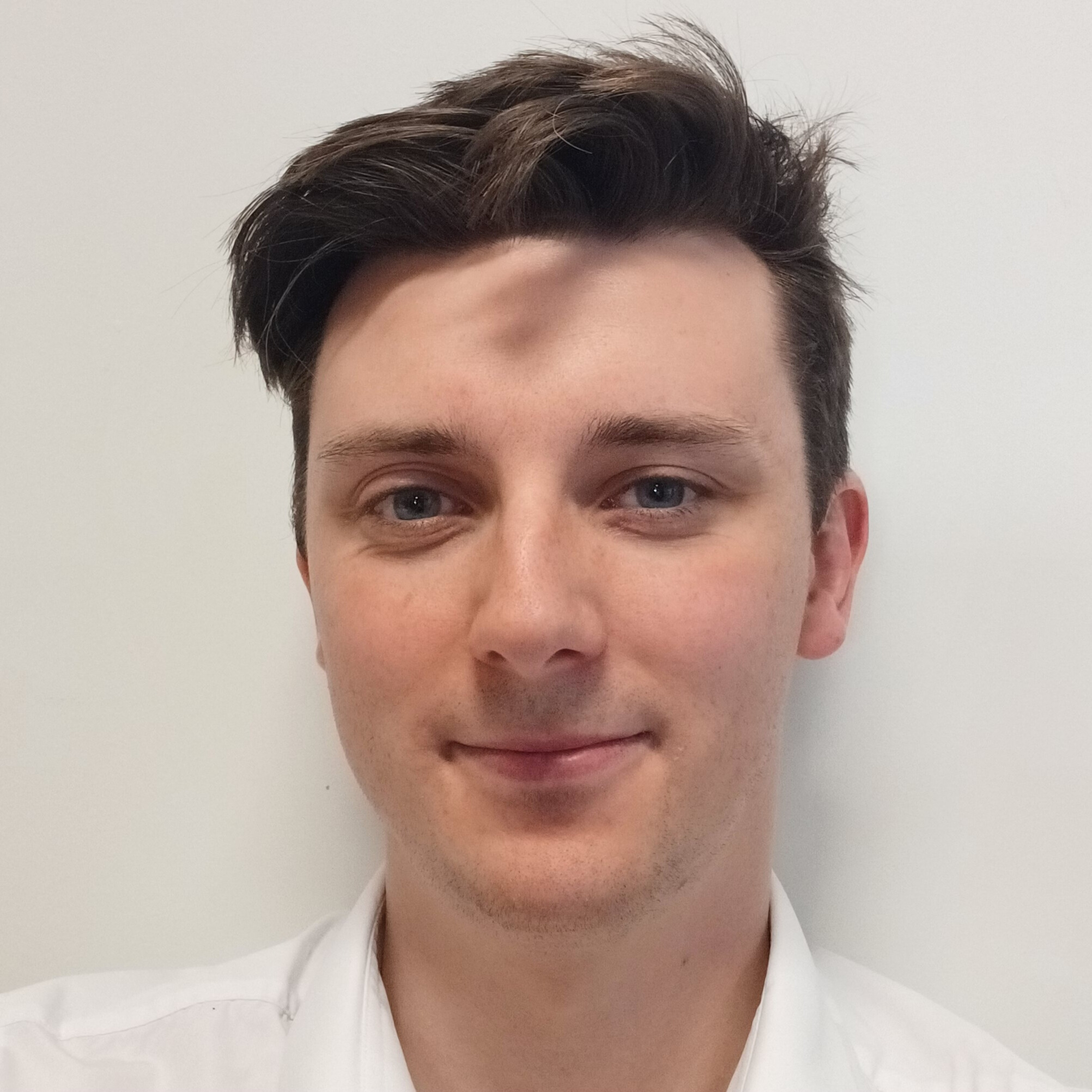
Alistair Heath
Specialty Trainee Doctor in Histopathology
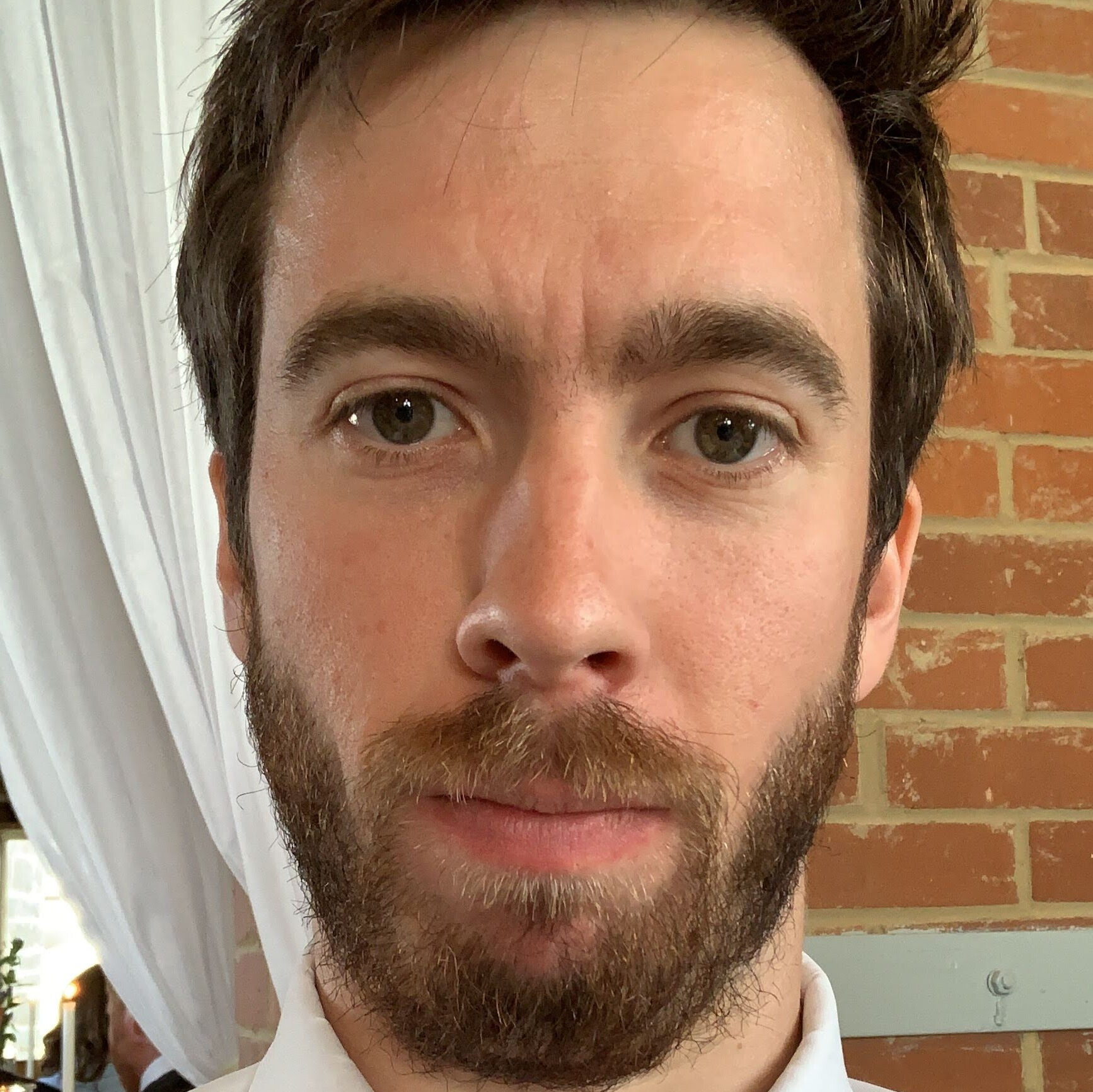
Michael Mackay
Specialty Trainee Doctor in Neurology
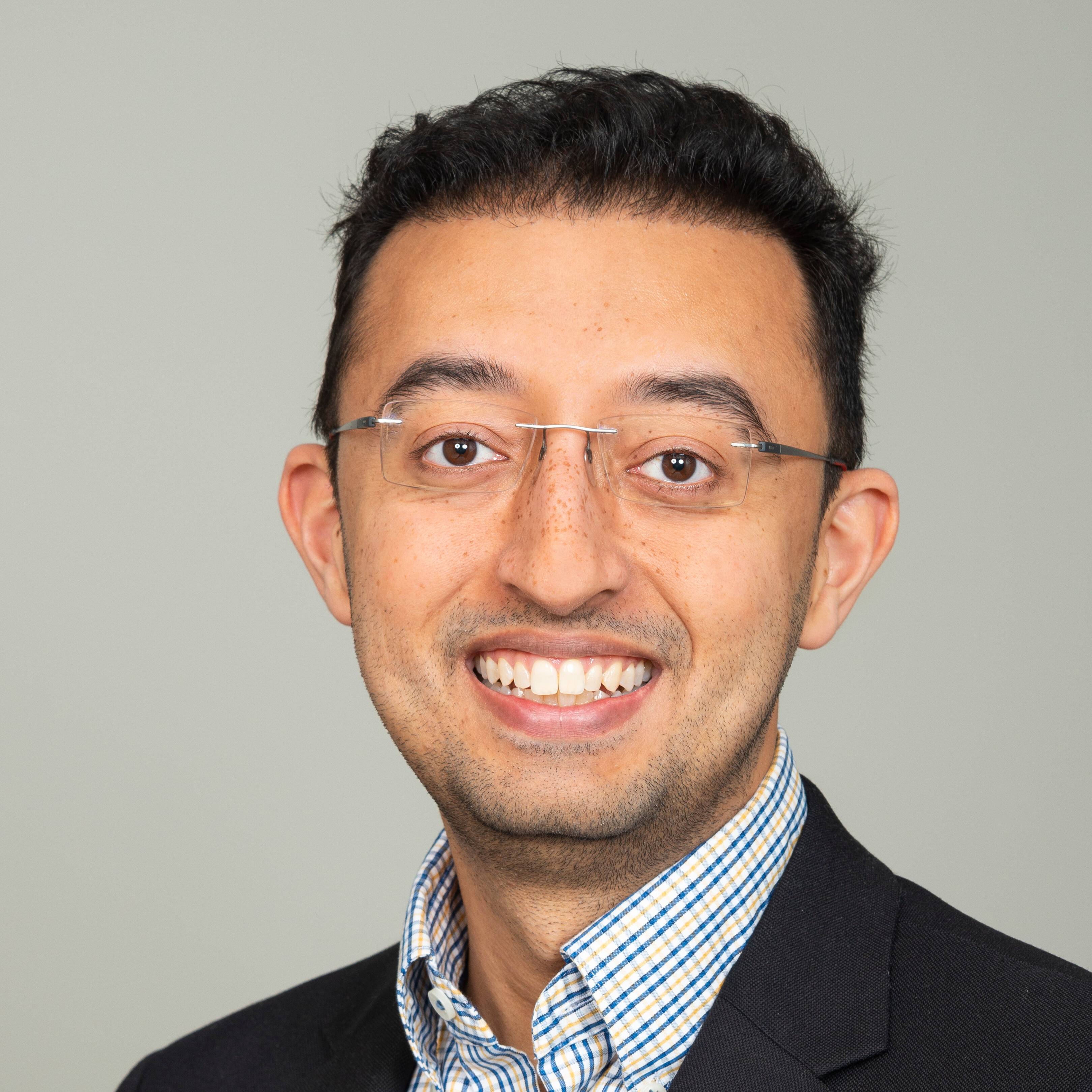
Sunil Mamtora
Specialty Trainee Doctor in Ophthalmology
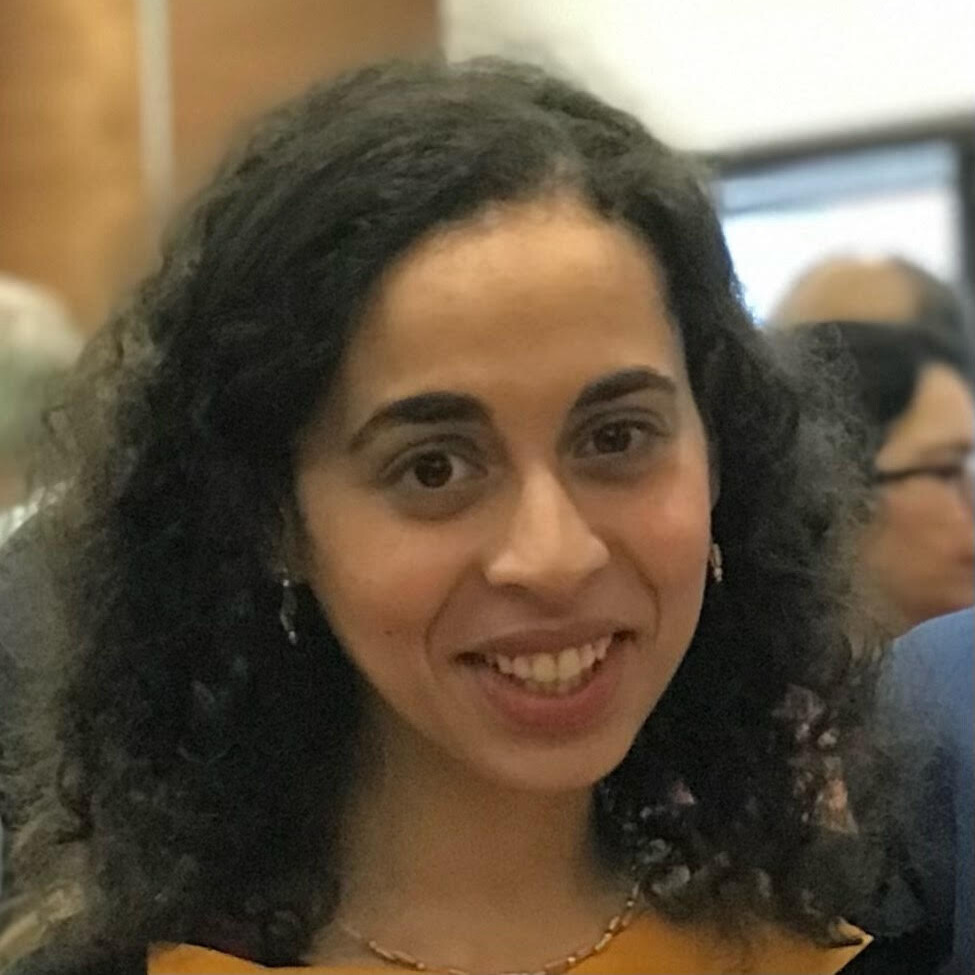
Karol Basta
Specialty Trainee Doctor in Public Health
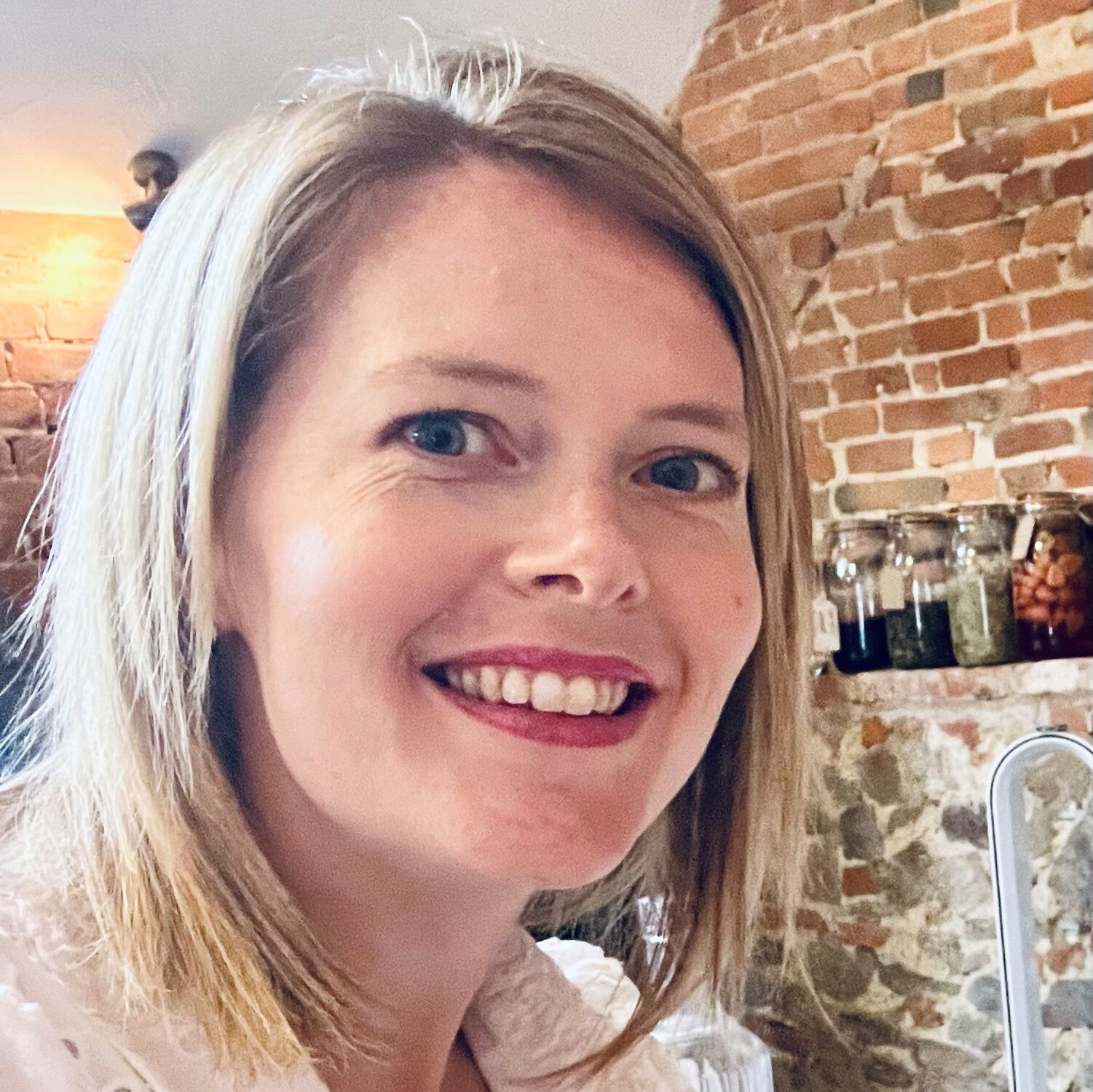
Natalie Davison
Specialty Trainee in Public Health
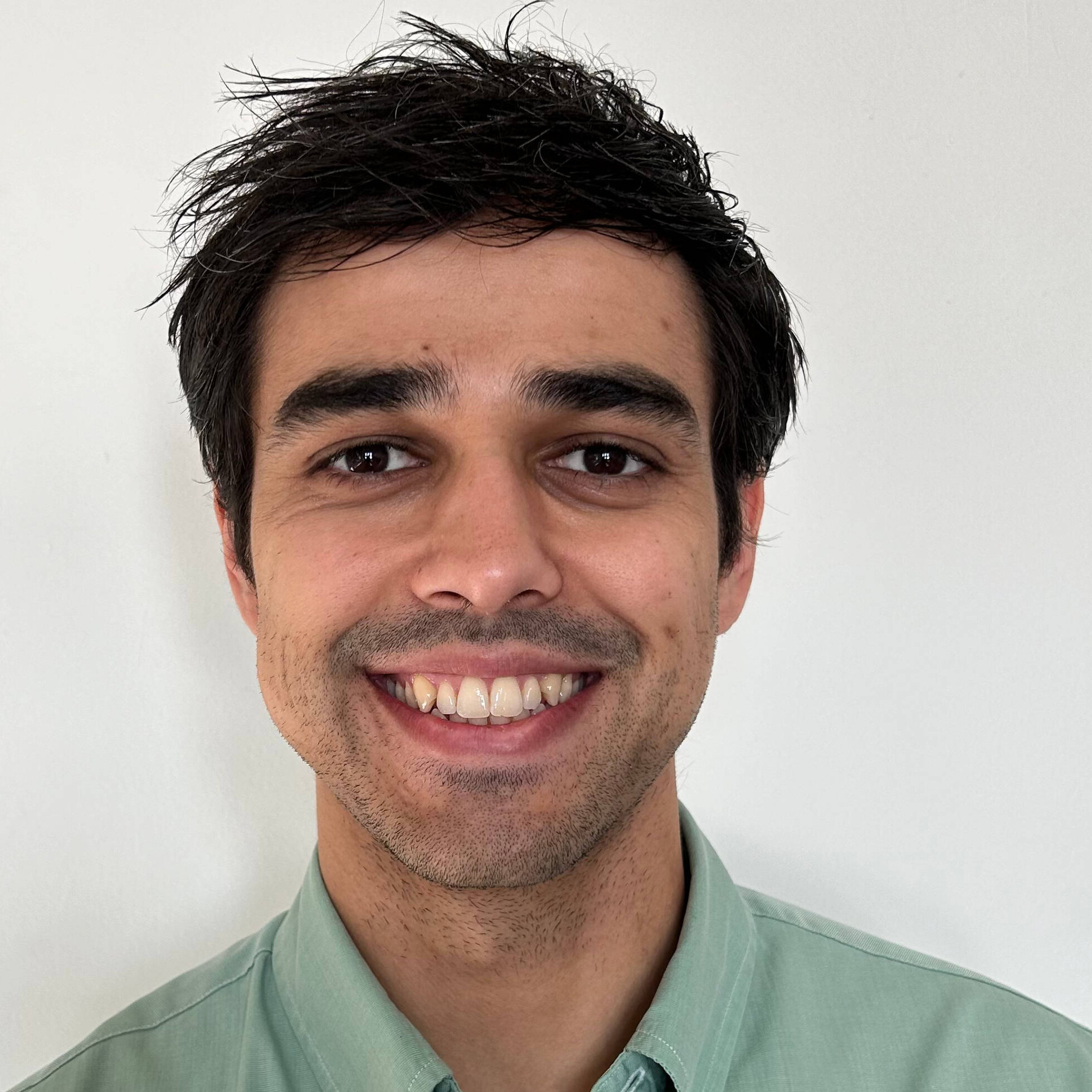
Joshua Khan
Specialty Trainee Doctor in Public Health
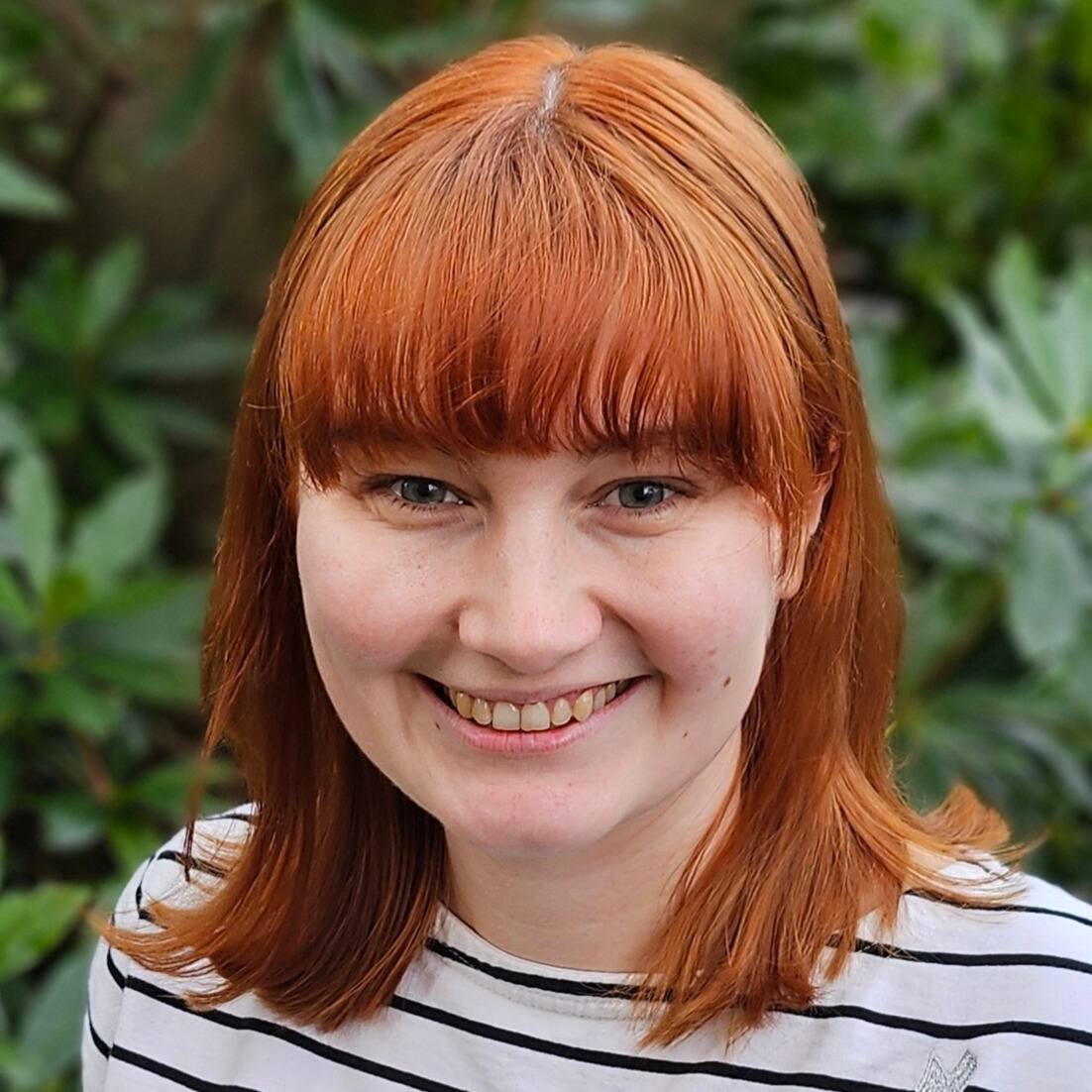
Rachel Thomson
Specialty Trainee Doctor in Public Health